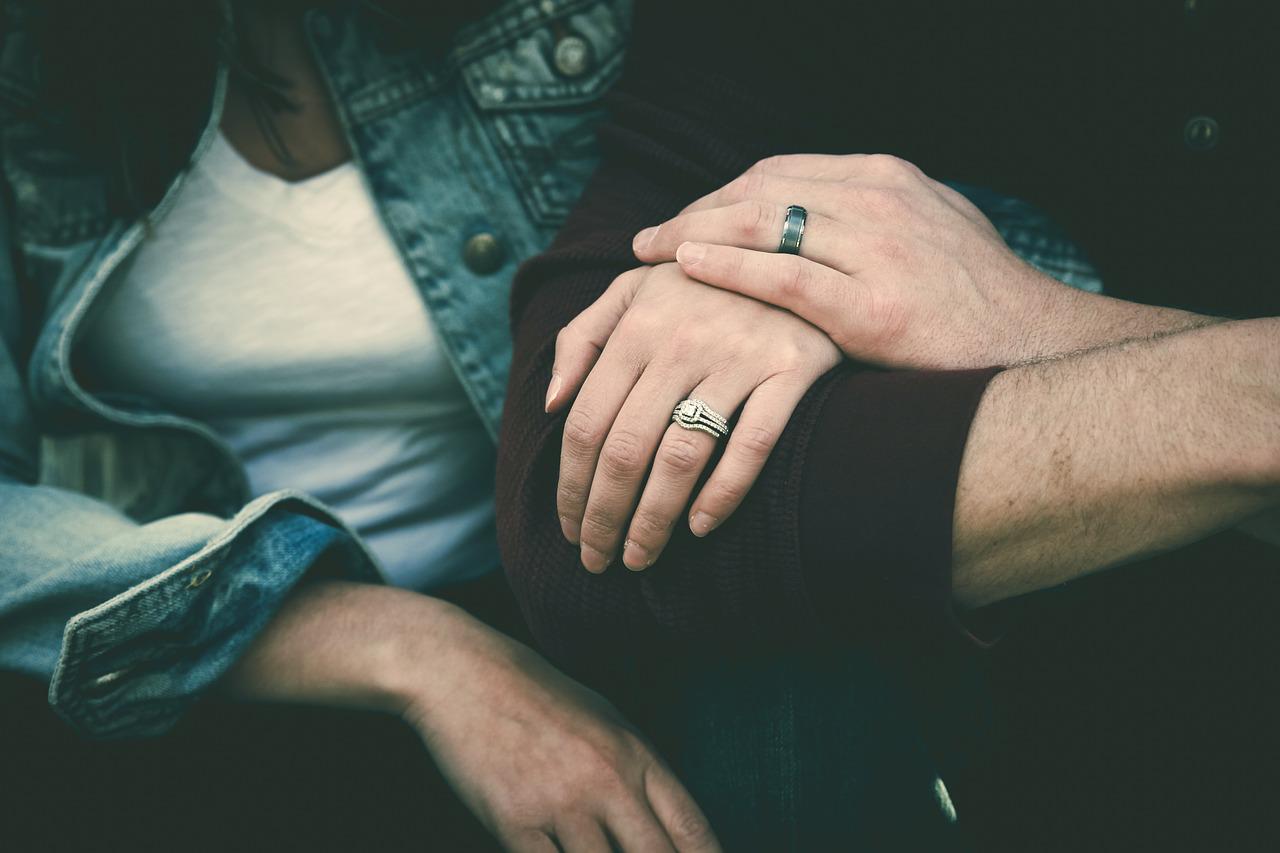Love encounters in adulthood are, in part, reunions with the mysterious ties that bind us to our first love objects: mother, father, and siblings. If all went well, affection and tenderness were linked to these bonds. And with them, without knowing it, we learned to love others.
With the caresses, the looks, the words, and the attention that we were the object of, or perhaps we ceased to be, we organize a network of desires and desires that make us choose this one, and not that one, by similarity or opposition to internal models that They have a lot of influence on our emotional life.
To mature, we must give up these first loves and accept that they cannot give us everything we want since our parents are not just for us. Later, sons and daughters will direct their love outwards, outside the family, to others who will replace those they had to leave.
The position of lover and partner suffers when using this infantilization
But sometimes these traces can be heard in the form of calling our partner. That is what happens to Ana and Ramón. They have gone to a playground with other parents from their children’s school, including their friend Esther. Everyone’s children play together and have just left a birthday party. Then, Ana says, addressing her partner: “Dad, could you tell the children that we are leaving in a short time so that they get used to the idea?” “Yes, mom, I’m going to let them know,” Ramón replies.
Her friend Esther is very struck by the names that Ana and Ramón use to address each other. It was a custom that she had already heard in other couples, but it still seemed strange to her. She felt uncomfortable and she didn’t know why. Esther, after reflecting on the subject, asked her friend if she didn’t find it a bit confusing to call her partner her “dad”.
Ana replied that she thought he was affectionate and that they only used him within the family when they referred to their children. They began to use it when the first of them was born, to teach him to say, papa and mama. Since then, they have always been called that.
Avoid errors:
-
Naming the partner “mom” or “dad” can indicate that there are difficulties in developing the maternal and paternal functions.
-
The mother or father may be privileged over the partner if affective ambivalence toward parents has not been resolved. Or you can be asking the other to protect us from a childhood abandonment that appears only when having children.
places matter
Esther later understood what was happening to her in the face of that form of relationship. That way of calling herself seemed to her to be giving her friend only the place of her mother to the detriment of her place as her wife and her partner’s lover. As if she lost her name to be her always, and only, “mom”.
On the other hand, it seemed to her that calling her partner “Dad” was a way of infantilizing herself as if her position were disappearing in favor of her position as daughter-girl. Luckily they only called each other that when they were in front of the children because it would seem even more disturbing if they did it when they were alone.
Ana had psychological reasons to feel good about calling her partner “dad.” She lost, as a teenager, her father, to whom she had been very close. Somehow, by naming the word dad, she evoked a place with him that she never wanted to lose. On his part, Ramón never showed signs of affection for his father.
We all have to resolve the bonds of our childhood.
The word with which we name our partner places it in the place we want it to have. If he is named “dad”, he is brought closer to that place occupied by the father, the first man we loved. By naming him like that, the woman is placed as one more daughter, something that confuses. If she has the same place as her children, where is the mother?
The man who calls his partner “mom” would be evoking the relationship with his mother and, to some extent, bringing the memory of her closer to his partner. Perhaps demanding that she have a mothering role with him. He may also hide a protest about having lost the “exclusive” place he was supposed to have with his partner before the arrival of the children.
A man could feel excluded from the relationship between his wife and their son and compete with him, claiming the place of a mother for himself. A woman may feel overwhelmed and name her partner her “dad” to ask for help. When both of you like to put yourself in a childish place, it may be because, in this way, you are trying to solve what is happening to you.
Each couple has its affective prehistory. All humans have to resolve the affective bonds we had in childhood with our parents.
What can we do:
-
If the “father” loses his name and the “mother” hers, it would be convenient to reflect on how the relationship with the parents has been developed.
-
In fatherhood and motherhood, identification with one’s parents is at stake in what we least like.
-
When we reflect on how we address the couple, we are reflecting on ourselves and on what we want to share.




GIPHY App Key not set. Please check settings